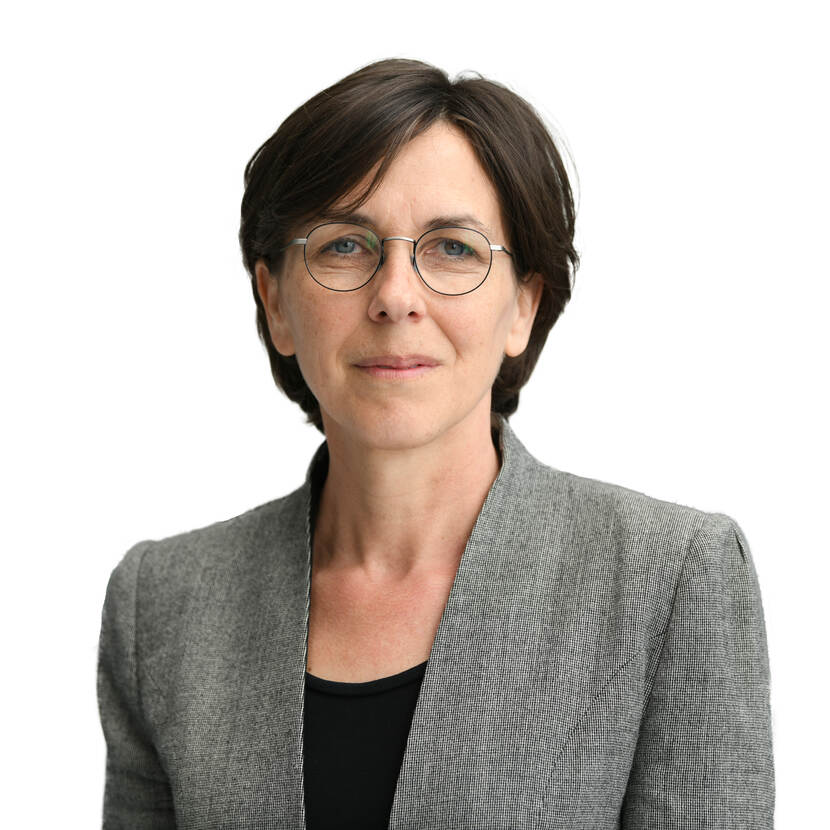Dutch ambassador Marjo Crompvoets - Tanzania
Meet the Ambassador

Marjo Crompvoets
Dutch Ambassador in Dar es Salaam
Marjo Crompvoets is the Ambassador of the Kingdom of the Netherlands to Tanzania since 2025.
Read the cv of ambassador Crompvoets on rijksoverheid.nl (in Dutch).
